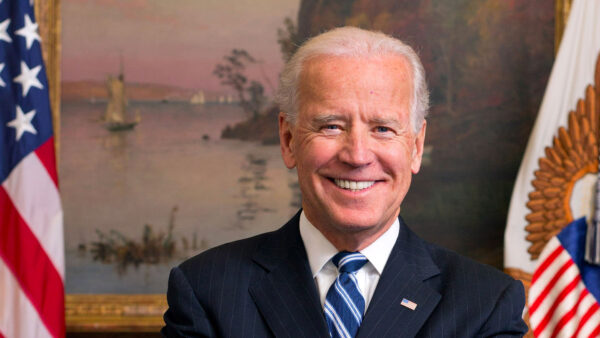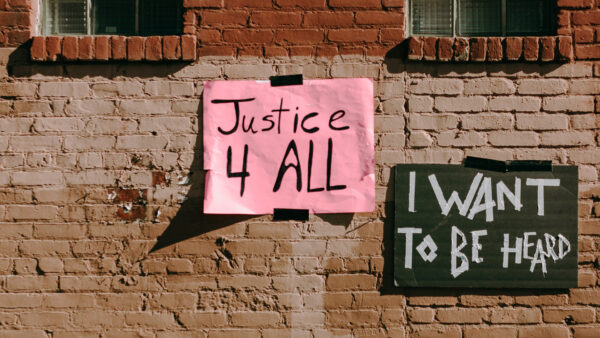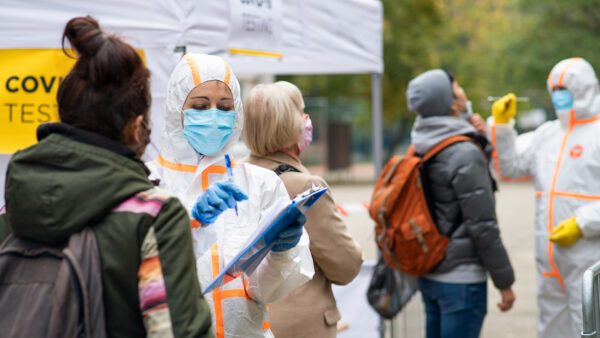World Water Day: Failure to value water is leading to widespread waste according to UN
With today marking World Water Day, there is now a much greater need to provide better solutions that manage our global water resources, systems, and supplies to ensure that everybody gets the water they need to survive.
With water being widely available in vast quantities, it has been all too common to abuse its usage, causing inequalities in the accessibility, availability, and quality of these services. This has resulted in much of it going to waste with farmers using too much on their crops and land, while the wealthier population are heavily subsidising it in their homes. At the same time, the world’s poor are struggling to gain access to water for essential use.
These concerns have been further amplified by the pandemic, which exposed flaws in the current system with as many as 3 billion people globally lacking access to basic handwashing facilities. These concerns are highlighted further by the likes of climate change, and growing populations, which are adding more strain on the water supply.
Through the World Water Development Report 2021, which revealed that governments need to place a clear value on the water to mitigate the impact of water wastage and to ensure the resources are shared more equally where they are needed the most, the UN has led a call to action to address the crisis now or risk even greater issues in the future.
Organisations such as Water Aid have also echoed the need for a more sustainable approach. The charity has called on the UK government to dedicate more of its climate finance budget for poor countries (a total of £11.6bn over five years) to giving people access to water. A recent report conducted by Water Aid found that people were losing access to water because of climate breakdown, as longer droughts dry up springs, seawater infiltrates groundwater supplies, and landslides damage water pumps.
Ensuring that water is properly valued will allow it to be more sustainable as countries ensure that water is being put to good use more effectively without resulting in it being limited to those who need it most. With many factors making it an urgent need to address, it can become better managed and will require greater collaborative efforts from governments to raise awareness and introduce measures that can mitigate the impact of a potential crisis.
Introduced by the UN in 1993, World Water Day is an international observance aimed at celebrating water and raising awareness of the 2.2 billion people living without access to safe water. This forms a crucial part of the UN’s 17 Sustainable Development Goals, by ensuring accelerated progress towards making clean water and sanitation (SDG 6) achievable for all by 2030.










